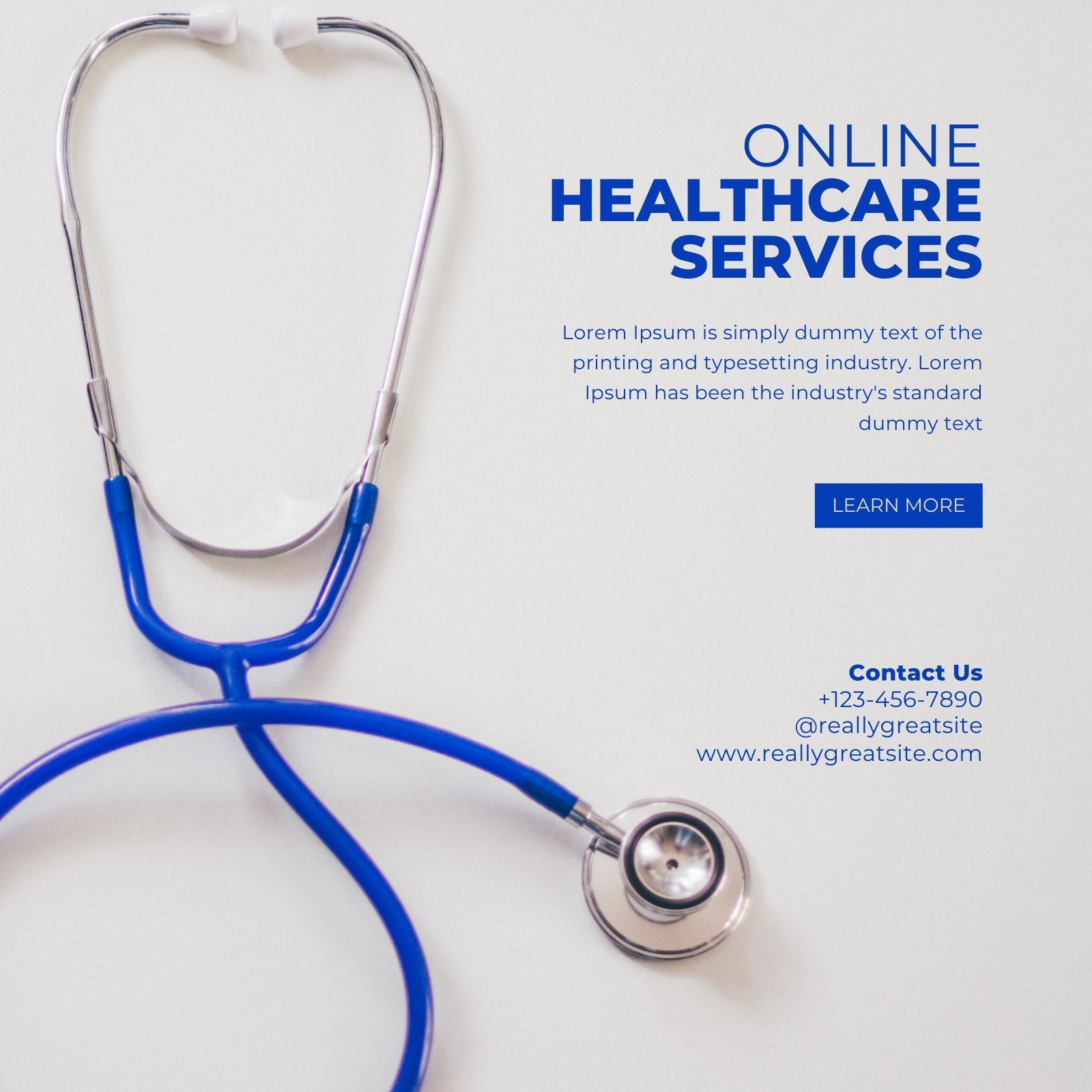A Comprehensive Guide to Subscription Based Healthcare: What You Required to Know
A Comprehensive Guide to Subscription Based Healthcare: What You Required to Know
Blog Article
The Surge of Subscription-Based Medical Care and Its Influence On Individual Care
As health care evolves, the subscription-based design is obtaining traction, assuring to revolutionize person care by supplying predictability and availability. These versions, which bypass standard insurance, could redefine the patient-doctor dynamic, stressing individualized and preventive treatment. Yet, as with any type of innovation, they present obstacles, especially concerning equitable access for all socioeconomic teams. The capacity for these designs to improve medical care distribution elevates pressing concerns concerning their long-lasting sustainability and inclusivity. Are these subscription solutions the future of healthcare, or do they run the risk of leaving at risk populaces behind? The ins and outs of this shift warrant a more detailed examination.
Understanding Membership Healthcare Models
Realizing the idea of subscription healthcare designs entails taking a look at a transformative approach to clinical solutions that highlights affordability and ease of access. These designs, usually described as straight main treatment (DPC) or concierge medication, have become cutting-edge alternatives to standard fee-for-service health care systems. Subscription healthcare permits individuals to pay a set monthly or yearly cost for a defined collection of clinical services, which might include endless office sees, routine exams, and fundamental laboratory examinations, without the requirement for standard insurance coverage billing.
The framework of membership healthcare versions is designed to improve patient treatment by removing third-party payers and complex invoicing codes, thus decreasing administrative problems. Doctor can focus much more on client treatment, fostering stronger patient-provider partnerships. This model additionally advertises preventative treatment by encouraging normal check outs, as the economic obstacle of per-visit fees is removed.
The subscription version typically equips medical care companies to manage smaller sized patient panels, enabling for even more customized care. It aligns monetary incentives with person health end results, as companies are encouraged to maintain individual contentment and well-being. On the whole, recognizing registration healthcare models requires acknowledging their prospective to reshape exactly how treatment is provided and accessed.
Benefits for Individuals and Companies
With a consistent revenue stream, healthcare experts can dedicate even more time to each client, leading to an extra tailored and complete treatment experience. The focus on preventive treatment within registration strategies can lead to far better client outcomes and decreased long-lasting health care expenses.
Issues and challenges
While subscription-based healthcare designs present many advantages, they additionally come with a set of difficulties and worries that need to be resolved. This elevates moral questions concerning equitable access to medical care solutions.
Financial sustainability of subscription-based versions is an additional worry. Service providers have to balance the set earnings from registrations with the variable costs of medical care solutions, which might change due to unexpected clinical demands. This can develop pressure to limit solutions or rise fees, potentially affecting individual contentment and care high quality.
Furthermore, governing oversight of subscription-based medical care versions is still developing. Attending to these difficulties is critical for the successful and fair implementation of subscription-based health care.
Influence on Patient-Doctor Relationships
One substantial influence of subscription-based health care designs on patient-doctor relationships is the possibility for boosted continuity and personalized treatment. By adopting a registration design, physicians can handle a smaller sized client panel, permitting for even more specialized time with each person. This enhanced schedule cultivates a deeper understanding of a patient's case history, way of life, and choices, enabling much more tailored treatment strategies and interventions.

However, it is very important to acknowledge that while subscription-based versions may profit those who can afford them, they might unintentionally broaden health care differences. Patients who are incapable to take part in these versions might experience lower accessibility to customized treatment, potentially influencing their connections with health care providers. Hence, while the membership design uses appealing advantages for patient-doctor relationships, it also poses obstacles that require to be addressed to make certain equitable health care accessibility.
Future of Medical Care Access

The duty of innovation click now can not be ignored in this improvement. Telemedicine systems and electronic wellness records promote smooth communication between patients and doctor, damaging down geographical and logistical obstacles. Additionally, improvements in expert system and information analytics can further customize treatment by predicting person requirements and maximizing therapy plans.
However, the future of healthcare accessibility also provides challenges, such as ensuring equity throughout various socio-economic teams. Policymakers and healthcare carriers need to work together to bridge the digital divide, making sure that subscription-based versions remain comprehensive and budget-friendly. As these systems important site mature, they hold the promise of making healthcare extra obtainable, effective, and patient-centric.
Final Thought
Subscription-based medical care designs are reshaping individual care by providing a steady expense structure and improving accessibility. These models enhance patient-provider partnerships via personalized treatment and regular visits, highlighting preventative health. Despite these advantages, obstacles such as access issues for low-income populations and the demand for equitable healthcare options persist. The surge of subscription-based health care urges aggressive person engagement, which has the possible to boost person end results and satisfaction, indicating a transformative shift in healthcare shipment.
As health care advances, the subscription-based model is gaining traction, promising to revolutionize patient care by providing predictability and access.Subscription-based health care versions offer unique benefits for both carriers and patients, enhancing the total medical care experience.As health care systems progress, the future of medical care gain access to regularly pivots on the combination of cutting-edge models and modern technologies.Subscription-based healthcare designs are reshaping person care by providing a steady price structure and enhancing accessibility. The increase of subscription-based healthcare motivates aggressive client interaction, which has the prospective to improve person outcomes and complete satisfaction, signaling a transformative change in healthcare distribution.
Report this page